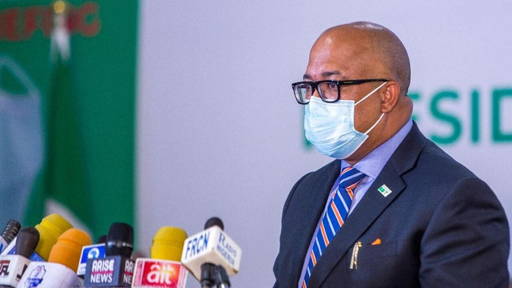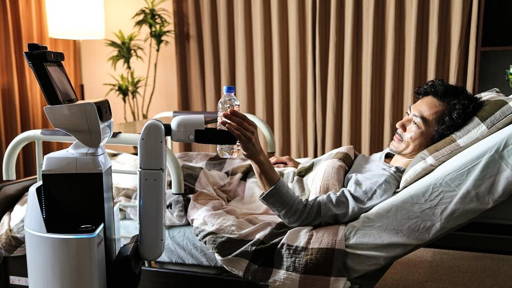Many technologies are entering hospitals. Which of them will significantly influence the surgeries?
It’s hard to say which technologies will certainly be usable and which of them will make a difference in a field of surgery. But I would dare to say that Artificial Intelligence (AI), Virtual Reality (VR) and Augmented Reality (AR) will become very disruptive. Within the next three to five years, AI algorithms will guide all the flow in the operating room, but they will also accompany physicians/patients before and after the surgery.
Same regarding VR and AR. Augmented reality will allow us to have access to data in a more convenient way. We will be able to interact with diagnostic tools in ways that we haven't seen yet. Devices like Hololens or Magic Leap will enable us to view and analyse graphic images just in front of our eyes, without the need to use hands.
Let consider X-Ray viewings. Today we need a few computers in the operating rooms. This has to change. We can use more comfortable wearables and headsets, which gives quick access to data we are looking for. Such things will transform the way the surgeries are carried out.
Surgery requires the highest concentration. Won't innovations like Virtual / Augmented / Mixed Reality or smart glasses distract a doctor?
I think that the best surgeon or the best physician is the ones who are augmented with the AI algorithms. There is nothing better than human and AI working together. Already today, we are distracted by – for example – digital platforms, different technologies. Enhancing and facilitating how we interact with those technologies will make our work more ergonomic and simpler.
Would you trust an AI-based system that suggests completely different steps in surgery that your experience tells you?
We will have to learn to live and work in the times of AI, AR and VR. Just like today, we also get support from different entities and procedure. Thus, we have standards, protocols, guidelines, colleges, physicians’ societies. It all helps us to make decisions. And we follow them even if we don’t know how some of the instructions have been made. The same trust must be a part of human-AI cooperation.
Who will lead the surgery in the future: a doctor or AI?
Along with how AI becomes a source of reliable expertise, we should also take its recommendations into account. But in the end, it’s a human physician who makes a final decision. It has to be healthy interaction between human and AI. It only happens when AI is created following the best practices, when the algorithms are fed with high-quality data, and when doctors are well educated to know how to use the potential of AI-based solutions.
So the last word always belongs to a human because the human is a creator of AI, and this is a tool like any other.
Medical students don't have access to the education that includes AI, VR o AR. There is a growing gap between technologies and skills.
We have to redesign and disrupt the way we organise education these days. There are already a few great examples of digital healthcare programs or curriculum. We need to train both students and residents differently, making them aware of how all these changes and exponential technologies that are affecting the way we practise healthcare today, and how we will practice healthcare in the future. That is one of the reasons why I’m always seeking opportunities to share my knowledge, consult or advise.
Your favourite innovation that you've discovered recently is...
All the things that are combining new computing possibilities like AI, VR and AR – they will redefine how we teach, do surgeries and healthcare in general. One of the great examples is Brainab’s platform and software – viewed in MagicLeap’s hardware – that bring simplicity to the operation room and enhance data management, improving the workflow, and potentially, patient outcomes.






